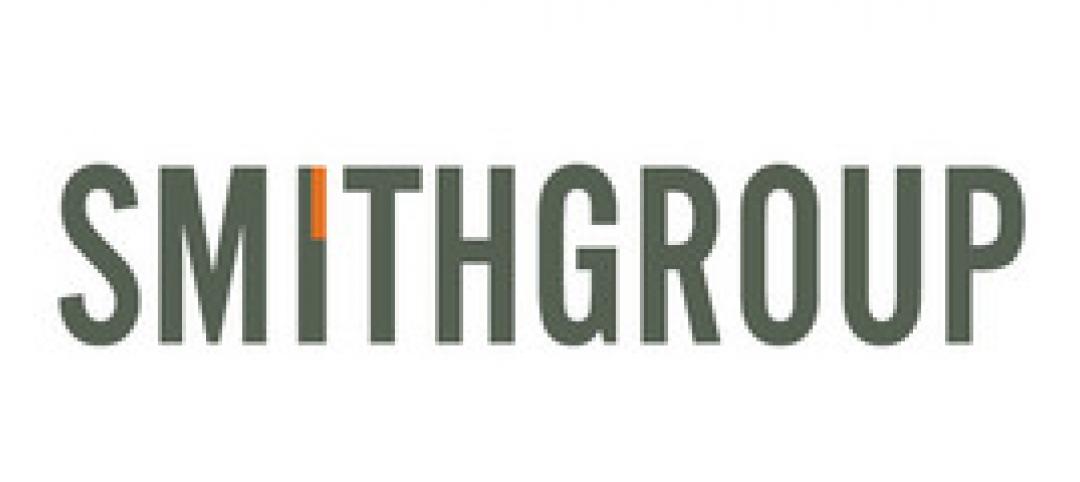A sweeping Massachusetts climate and energy bill recently signed into law by Republican governor Charlie Baker allows local bans on fossil fuel-powered appliances.
The controversial measure survived debate in the state legislature. It makes it legal for 10 municipalities to ban fossil fuel-powered appliances in new buildings. A requirement that cities meet affordable housing quotas before they can ban fossil fuel infrastructure in new buildings, helped sway the governor who was wary of allowing bans of fossil fuel appliances. Another provision precludes life sciences labs and health care facilities from being affected by the bans, making the law more palatable to some lawmakers.
The law also requires electric utilities to buy 5,600 megawatts of new offshore wind capacity by 2027, up from a former goal of 4,000 megawatts. It also removes a controversial price cap that required every new wind project to offer cheaper electricity than the previous one.
Other parts of the bill aim to shore up the electric grid, decarbonize the Boston-area transit system by 2040, and require all new cars sold in the state to be zero-emissions by 2035.
Related Stories
| Nov 22, 2011
Suffolk Construction selected as contractor for Boston luxury residential tower
Project team breaks ground on 488,000-sf building that will feature world-class amenities.
| Nov 21, 2011
Mortenson and enXco partnership to build its 19th wind project
The 8,500 acres project will generate140 megawatts of wind power – enough energy to power approximately 39,000 homes.
| Nov 21, 2011
FDH Engineering acquires Energy Solutions
All ESI employees have been merged into FDH’s staff at its St. Louis office.
| Nov 18, 2011
Centre for Interactive Research on Sustainability opens
Designed to exceed LEED Platinum, the Centre for Interactive Research on Sustainability (CIRS) is one of the most innovative and high performance buildings in North America today, demonstrating leading-edge green building design products, technologies, and systems.
| Nov 17, 2011
SmithGroup changes name to SmithGroupJJR
SmithGroup and JJR join brands to become a single, multi-disciplinary company.
| Nov 17, 2011
Hollister Construction Services renovating bank in Union City, N.J.
Project is part of a series of ground-up construction and renovation assignments.
| Nov 16, 2011
Project completion of BRAC 132, Office of the Chief Army Reserve Building, Ft. Belvoir, Va.
This fast-tracked, design-build project consists of a three-story, 88,470 sf administrative command building housing approximately 430 employees.
| Nov 16, 2011
Architecture Billings Index moves upward
The Architecture Billings Index climbed nearly three points in October.
| Nov 16, 2011
CRSI recommends return to inch-pound markings
The intention of this resolution is for all new rollings of reinforcing steel products to be marked with inch-pound bar markings no later than January 1st, 2014.
















